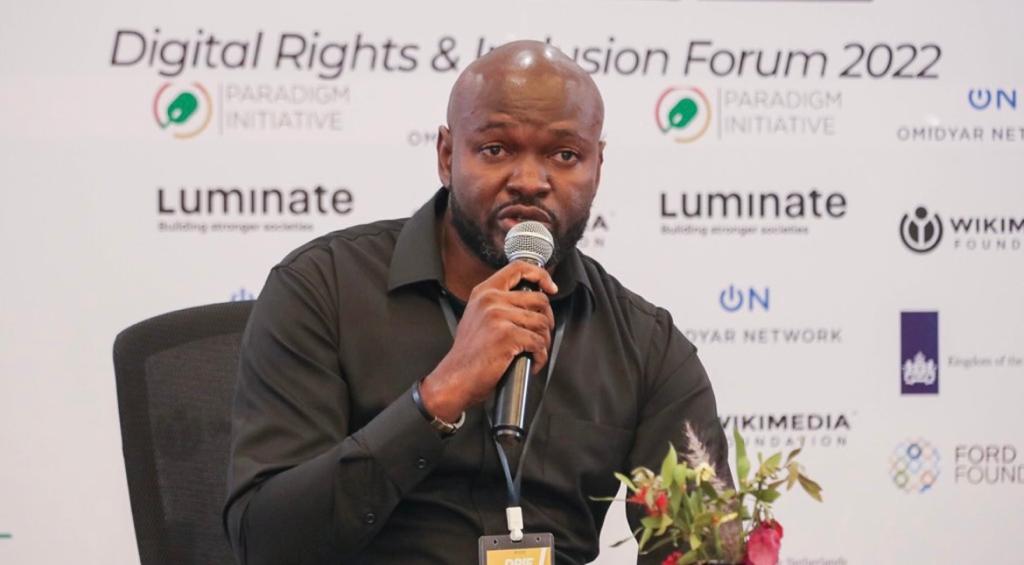While many governments in Africa have made welcome progress toward digital transformation in the last year, more work needs to be done towards offering transparency, digital inclusion, and the protection of digital rights to citizens across the continent. This was the main finding of the Londa report, launched recently at the Digital Rights and Inclusion Forum (DRIF) 2022.
Held between April and May this year, DRIF brought together over 1000 delegates and participants for 39 days to dissect the state of digital rights and inclusion in Africa, addressing issues such as privacy, affordable Internet, gender and ICTs, disability rights and ICTs. Health surveillance during the COVID-19 pandemic and Internet shutdowns were also debated and discussed.
The Londa report features contributions from digital rights and inclusion experts from 22 African countries, and its findings are a timely assessment of the state of digital rights and inclusion in Africa. It provides recommendations on what each country must do to move towards realising the huge gains that rights-respecting and inclusive digital policies and practices bring. Furthermore, it calls on governments to set policies ensuring a free and open Internet, which is safe for all, while working with relevant stakeholders to eliminate online violence, bullying, hate speech and misinformation.
The report states that there have been some notable positive developments in the last year. Rwanda and Zambia’s governments, for example, have enacted legislation concerning data protection and privacy. Zambia passed its first data protection law and ratified the Malabo Convention (the African Union’s (AU) Convention on Cyber Security and Personal Data Protection) within record time. Ethiopia scrapped criminal defamation and introduced civil liability only, and not criminal liability, through Proclamation No. 1238/2021.
Botswana introduced its Data Protection Act into effect and introduced new regulations to expand its powers over the digital space, including a proposed Criminal Procedure and Evidence Bill. South Africa developed its data protection framework further, issuing guidance notes on processing children’s personal data and “special personal information” enshrined in the Protection Of Personal Information Act (POPIA).
Zimbabwe also took welcome steps towards safeguarding the digital rights of its citizens by enacting the Data Protection Act, 2021 (DPA) whose objective is “to increase data protection in order to build confidence and trust in the secure use of information and communication technologies” and providing for data protection. The DPA highlights the need for consent from data subjects before processing personal health data and also provides for the option for a data subject to withdraw their consent.
However, the Londa report also notes that while digital infrastructure on the continent continues to grow, some nations have seen a steady decline in respect for digital rights. There have been many instances in which social media activists, journalists and human rights groups reported attacks and violations. Some governments went as far as banning social media websites (such as Twitter) and suspending access to the Internet entirely. Not only did this have serious socio-economic consequences for the stakeholders involved; it also severely impacted citizens’ access to vital and reliable information including that about government and NGO efforts to combat the COVID-19 pandemic, such as vaccine rollouts, and lockdown levels.
The pandemic itself looms large over the report’s findings, exacerbating existing digital inequalities and exclusion. Furthermore, prolonged lockdowns in 2021 provided cover for “continued violations of digital freedoms indicated by rising incidents of gender-based violence, heightened surveillance and the unjustified sanctioning of media outlets across the continent”.
Many African countries are also lagging in education around Science, Technology, Engineering and Mathematics (STEM) and Information and Communications Technology (ICT) subjects and women continue to be underrepresented in this regard. There have been efforts to address this – Rwanda’s ongoing Digital Acceleration Project is expected to boost inclusion by targeting more women and improving digital literacy and entrepreneurship, for example – but more work still needs to be done. On top of this, the report notes that: “progress has been slow across the continent in implementing ICT development strategies as governments demonstrate a lack of urgency in implementing laws or policies related to digitalisation.”
African nations need to address existing policies and legislation on digital transformation, which are still far from adequate while their implementation faces challenges ranging from “opaque processes to non-compliance from state actors, among others. Africa needs to make an urgent choice between focusing on clampdowns and maximising digital opportunities, so it doesn’t miss out on the Fourth Industrial Revolution. As Paradigm Initiative’s 2021 Londa report shows, most African countries are too busy violating digital rights to focus on the digital opportunities that the COVID-19 pandemic put a spotlight on.
African nations need to address existing policies and legislation on digital transformation, which are still far from adequate while their implementation faces challenges ranging from “opaque processes to non-compliance from state actors, among others.
About Author
BY Valery Nijaba, Communications Officer, PARADIGM INITIATIVE

What’s your take?